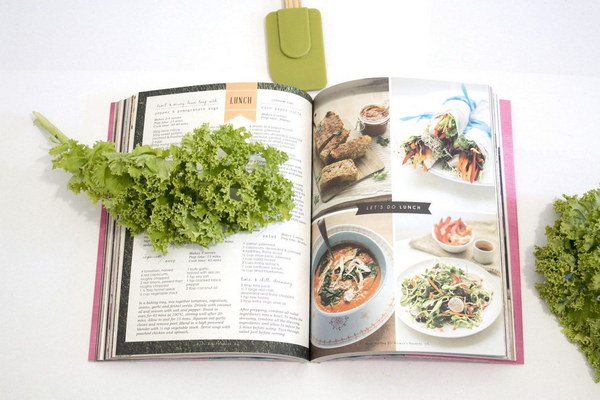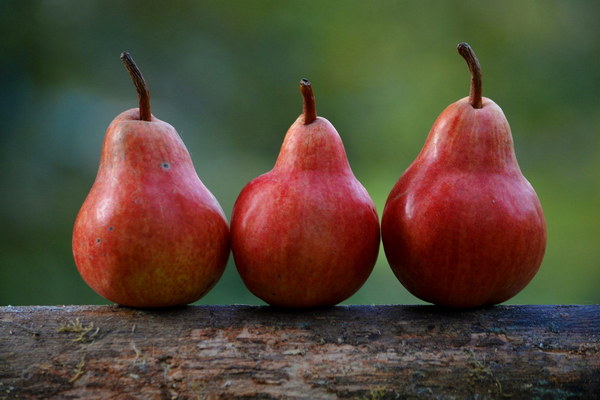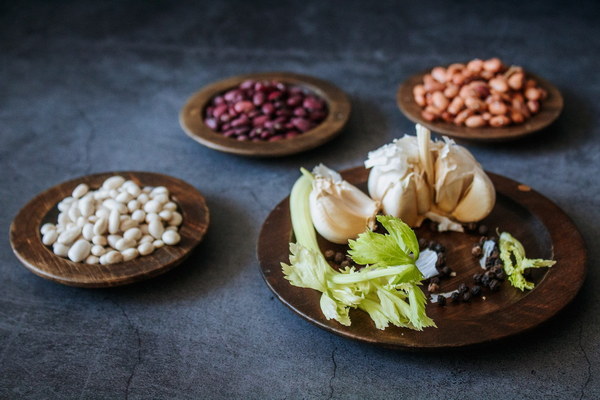The Ultimate Guide to Nourishing Your Cold Stomach Tips for Effective Remedies
Introduction:
A cold stomach, also known as a spleen deficiency, is a common condition that affects many people. It can manifest as bloating, discomfort, and weakness. Nourishing your cold stomach is essential for maintaining good health. In this article, we will explore the best ways to nourish your cold stomach, including diet, lifestyle, and natural remedies.
1. Diet for a Cold Stomach:
Eating the right foods can help alleviate symptoms and strengthen your digestive system. Here are some key dietary guidelines for nourishing your cold stomach:
a. Warm and Easy-to-Digest Foods: Incorporate warm, cooked, and easily digestible foods into your diet. This includes soups, stews, and porridge made with grains like rice, oats, or quinoa.
b. Avoid Cold and Raw Foods: Cold and raw foods can exacerbate symptoms. Try to avoid consuming cold drinks, ice cream, salads, and raw vegetables during meals.
c. Spicy and Acidic Foods: Limit the intake of spicy, acidic, and fried foods as they can irritate your stomach lining and worsen symptoms.
d. Eat Small, Frequent Meals: Eating small, frequent meals can help prevent overburdening your digestive system. Aim for 5-6 small meals a day rather than 3 large ones.
e. Include Nutritious Foods: Consume a balanced diet rich in vitamins, minerals, and antioxidants. Include foods like lean proteins, whole grains, fruits, and vegetables to support overall health.
2. Lifestyle Adjustments:
In addition to dietary changes, adopting certain lifestyle adjustments can help nourish your cold stomach:
a. Regular Exercise: Engaging in regular physical activity can improve your digestion and boost your immune system. Aim for at least 30 minutes of moderate exercise most days of the week.
b. Manage Stress: Stress can exacerbate cold stomach symptoms. Practice stress-reducing techniques like deep breathing, meditation, or yoga.
c. Get Adequate Sleep: Lack of sleep can weaken your immune system and worsen digestive issues. Aim for 7-9 hours of quality sleep each night.
d. Limit Alcohol and Caffeine: Alcohol and caffeine can irritate your stomach lining. Try to minimize your intake or opt for decaffeinated alternatives.
3. Natural Remedies for a Cold Stomach:

In addition to diet and lifestyle adjustments, natural remedies can help alleviate symptoms and support your digestive health:
a. Ginger Tea: Ginger has anti-inflammatory properties that can help soothe an upset stomach. Brew a cup of ginger tea by simmering fresh ginger slices in hot water.
b. Peppermint Oil: Peppermint oil can help relax the muscles of the digestive tract, reducing bloating and pain. Add a few drops of peppermint oil to a carrier oil and massage it onto your abdomen.
c. Aromatherapy: Essential oils like chamomile, lavender, and peppermint can have calming effects on the digestive system. Inhale the oils or add them to a diffuser for relaxation.
d. Probiotics: Probiotics can promote a healthy gut flora. Consider incorporating probiotic-rich foods like yogurt, kefir, and sauerkraut into your diet or take a probiotic supplement.
Conclusion:
Nourishing your cold stomach involves a combination of dietary changes, lifestyle adjustments, and natural remedies. By following these guidelines, you can improve your digestive health and alleviate symptoms associated with a cold stomach. Remember to consult with a healthcare professional before making significant changes to your diet or lifestyle.









